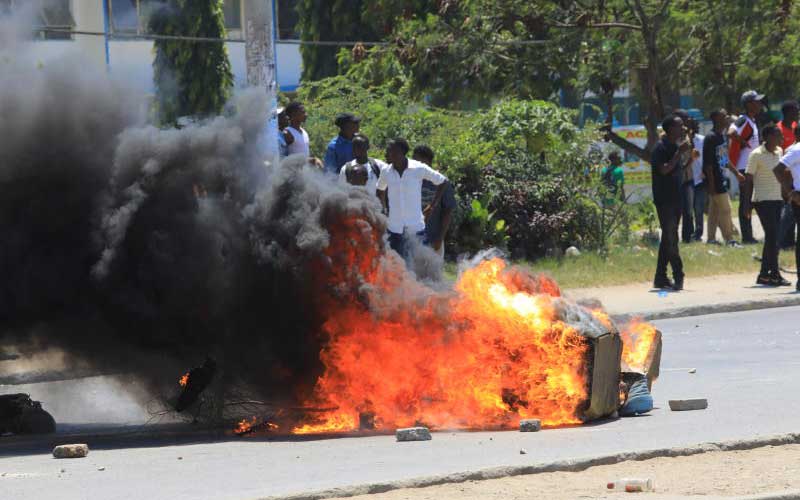×
The Standard e-Paper
Kenya’s Boldest Voice

The increasing number of strikes by university students has raised questions on what is happening in Kenya’s institutions of higher education.
In two months, three universities -- Moi, Masinde Muliro and Kenyatta -- have closed their campuses, stalling education until further notice.